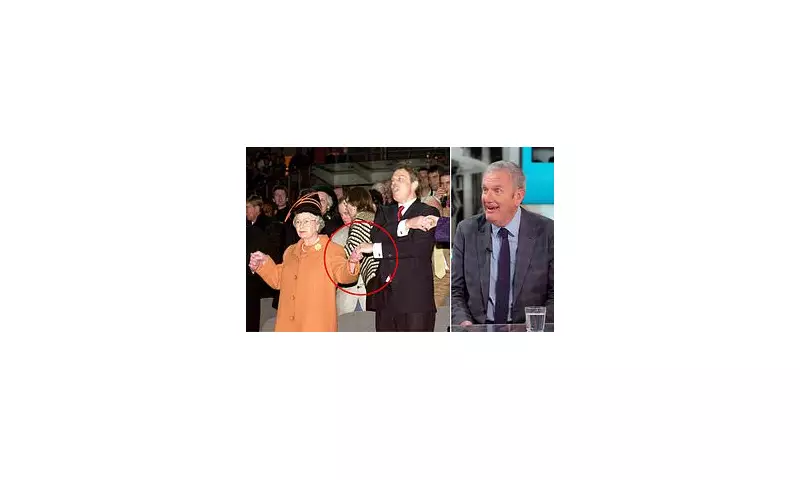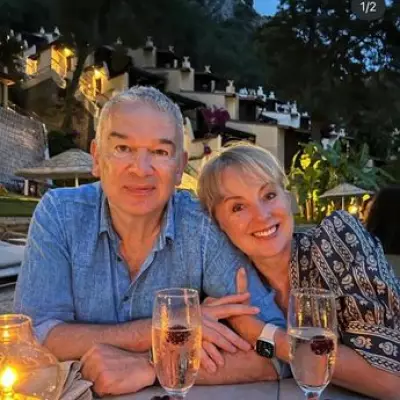
In a stunning disclosure that has sent ripples through royal circles, a prominent royal author has exposed one of the most brazen breaches of protocol in modern monarchy history: former Prime Minister Tony Blair's unprecedented hand-holding with Her Majesty Queen Elizabeth II.
The extraordinary incident occurred during arguably the most turbulent period of the Queen's reign—the aftermath of Princess Diana's tragic death in 1997. As the nation grappled with overwhelming grief, Blair famously coined the phrase "People's Princess," positioning himself as a bridge between a mourning public and the traditionally stoic monarchy.
According to royal biographer Robert Hardman, Blair committed what palace insiders considered an "unforgivable" transgression by physically taking the Queen's hand during a private meeting at Buckingham Palace. This intimate gesture fundamentally violated the centuries-old royal code that strictly forbids touching the monarch without explicit permission.
"The protocol is absolutely clear: you do not touch the royal family unless they initiate it," Hardman revealed. "For the Prime Minister to take such liberty was seen as profoundly disrespectful within palace walls."
The revelation comes as part of Hardman's forthcoming documentary, 'The Real Crown: Inside the House of Windsor', which promises to unveil previously guarded moments from the Queen's seventy-year reign. The hand-holding incident exemplifies the delicate power dynamics between the government and the crown during times of national crisis.
Palace aides reportedly viewed Blair's action as a calculated political maneuver rather than a genuine gesture of comfort. The relationship between Downing Street and Buckingham Palace grew notably strained following the incident, with courtiers perceiving it as both a personal boundary violation and a symbolic overstep of constitutional boundaries.
This revelation provides fascinating insight into how the monarchy navigated one of its most challenging modern periods, balancing tradition with the need to appear more responsive to public emotion. The Queen's eventual decision to address the nation live from Buckingham Palace, acknowledging Diana's legacy, marked a significant evolution in royal communication strategy—though the hand-holding incident remains a controversial footnote in royal history.
The documentary promises further unprecedented access to the Windsor family's private dynamics, shedding new light on how constitutional conventions were tested during moments of profound national significance.





